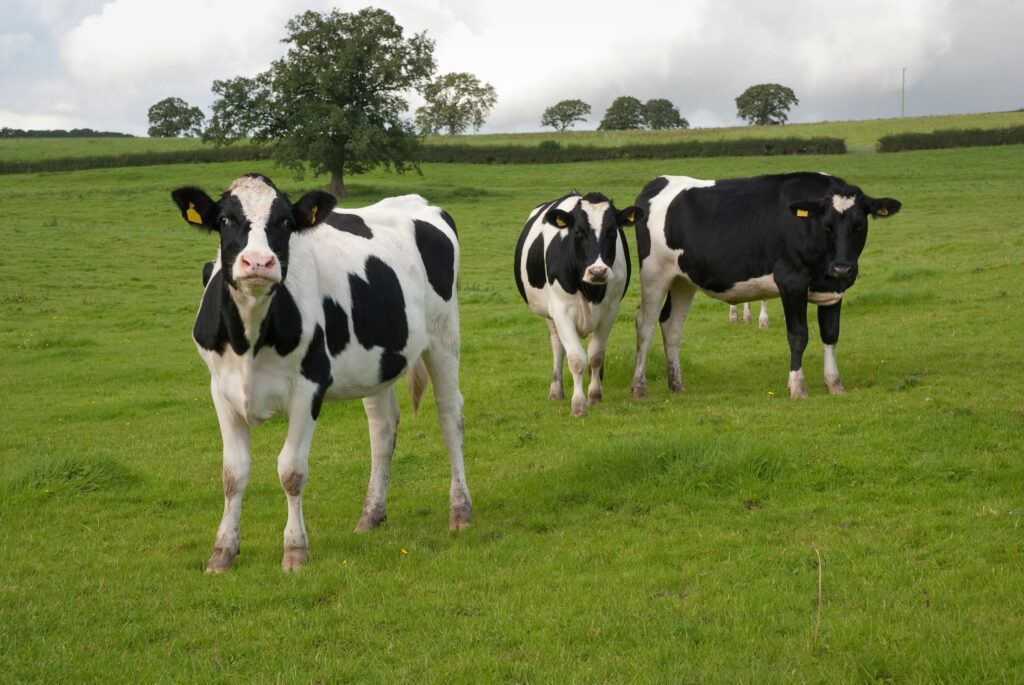The UK’s risk rating status for BSE has been downgraded to negligible by the World Organisation for Animal Health (WOAH), in a notable boost for the farming and meat sectors.
The new lower risk status marks a major step forward, reflecting decades of rigorous controls and the virtual elimination of cases in the UK in recent years. The earliest suspicions of BSE were on a farm in Sussex in 1984 the first case was confirmed 1987. At its peak in the early 1990s 37,000 cases were confirmed in a single year, while more than 180,000 cases have been confirmed over the years.
In 1996, BSE was linked to human variant Creutzfeldt–Jakob disease (vCJD), prompting an international crisis, including an international ban on British beef and the introduction of new controls on beef and wider meat production in the UK.
The number of BSE cases in the UK has dropped to negligible levels, although occasional isolated cases, usually of ‘atypical’ BSE are still found.
Defra said the downgrading of the UK’s BSE status will opening the door to expanded trade and renewed confidence in UK beef, while the British Meat Processors Association (BMPA) said it could add ‘significant value’ to the sector.
The abattoir and meat processing industry will be able to take advantage of changes to control measures, which will reduce operational burden and release financial savings for the abattoir and meat processing industry, Defra added.
Step forward
Farming Minister Zeichner said: “Today’s announcement is a major step forward and will deliver a real boost to our hard-working cattle farmers, who will now have more avenues open for trading our excellent beef products.
“It is also a huge vote of confidence in this government’s commitment to rigorous animal health standards and biosecurity.”
UK Chief Veterinary Officer, Christine Middlemiss said: “WOAH’s recognition of the UK as negligible risk for BSE is a significant milestone and is a testament to the UK’s strong biosecurity measures and the hard work and vigilance of farmers and livestock keepers across the country who have all played their part in managing the spread of this disease.”
Natasha Smith, Deputy Director of Food Policy at the Food Standards Agency said: “This good news reflects that our strict controls in place to protect consumers such as controls on animal feed, and removal of the parts of cattle most likely to carry BSE infectivity, have helped make sure there is no food safety risk.”
Nan Jones, (BMPA) Technical Policy Manager said: “This milestone is of significant value to the industry. To illustrate, the ability to recover mesenteric fat alone could generate value of approximately £10 million per year. Given the substantial benefits this change brings to our members, we hope that the improving UK–EU relationship offers an opportunity to seek earlier EU recognition of our status.”
Jonathan Eckley, AHDB International Trade Development Director, said: “This is welcome news for the UK beef sector. It highlights the strength of our animal health and food safety systems, reinforces the UK’s reputation for high-quality beef, and supports ongoing efforts to grow our export markets.”




